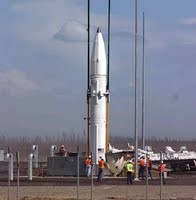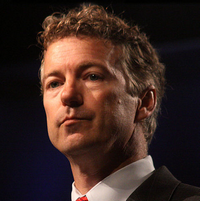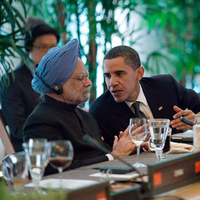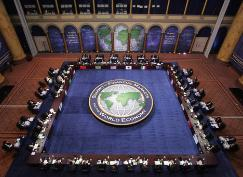
In the run-up to NATO’s heads of state summit later this month in Lisbon, much of the discussion has focused on questions of the alliance’s relevance and identity, with particular attention paid to the alliance’s new Strategic Concept to be rolled out in Lisbon. But a more practical issue that will be discussed at the summit is whether to make comprehensive ballistic missile defense (BMD) an alliance-wide mission. Despite a lack of enthusiasm in Turkey and continuing discontent in Russia and perhaps some other non-NATO countries, NATO governments generally support the Obama administration’s phased adaptive approach to European missile defense. […]




